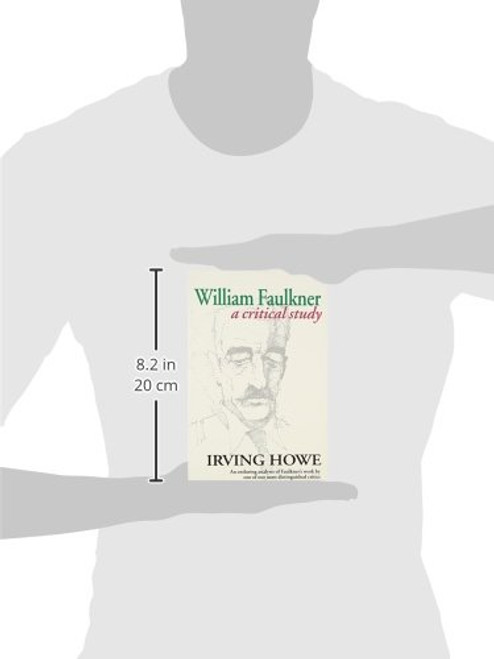Product Overview
William Faulkner created compelling worlds with his words, but he repeatedly used his characters to warn against words. Relying on Mikhail Bakhtins theory of language as both the creation of its user and a social construct, Judith Lockyer outlines Faulkners discovery of the power and danger in language.
Five of Faulkners charactersHorace Benbow, Quentin Compson, Darl Bundren, Isaac McCaslin, and Gavin Stevenswere endowed with a desire for the absolute, inviolable word. Faulkner both shares that desire and argues against it, making the dialogue about language the subtext of all his novels. Here, this continuing dialogue is traced chronologically from Flags in the Dust (Faulkners third novel) to A Fable (a late novel here shown in a revealing new light). Lockyer also connects Faulkners ideas about language and narration to his social and thematic concerns, particularly to Americas legacy of racial strife. This is a coherent, convincing reading of Faulkner, from the time he finds his true voice and subject in the South through the late novels.






